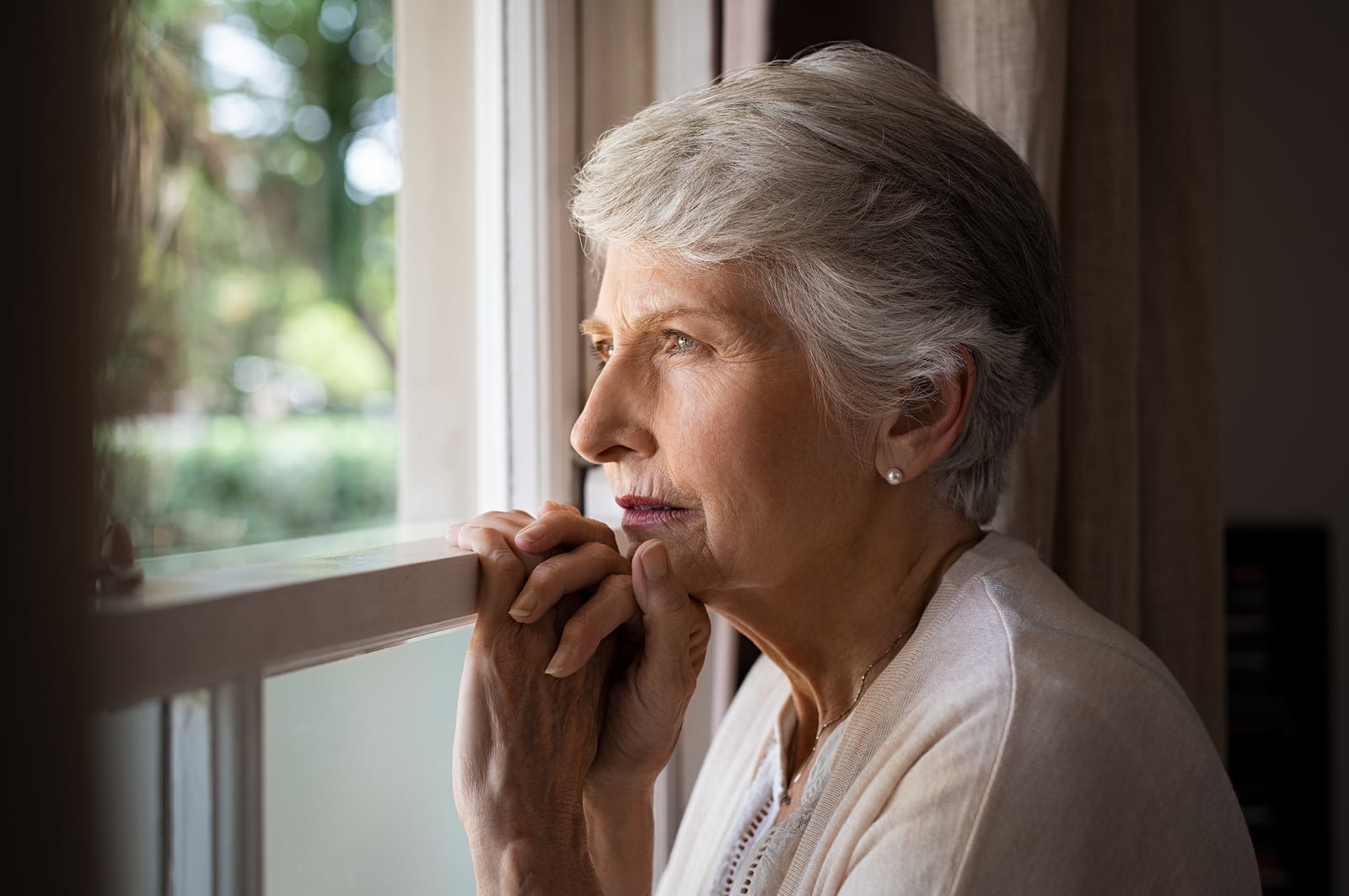
Increasingly comfortable homes and the convenience of the internet is believed to be behind a rise in the number of people living alone. In the United States, people living alone make up one quarter of all households and a quarter of Americans state they have no one to discuss important issues with. Statistics are similar in Europe where a quarter of respondents to a survey of people aged 50 plus stated they met with friends, colleagues or family less than once a month.
Research based on 70 studies covering more than three million people found that social isolation is a comparable risk factor with other recognised health issues such as smoking and obesity. The study, published in 2015, found that loneliness increased the risk of mortality by 26 percent after adjusting for age, gender, socio-economic status and pre-existing health conditions. For people living alone the risk of mortality was 32 percent. Affluent nations have higher rates of adults living alone and the rate is expected to increase, leading some researchers to warn of a loneliness epidemic.
Social prescribing
Positive social interaction is associated with increased healthy behaviours such as exercise and regular medical check-ups, as well as reduced stress. The feeling of loneliness does not always equate to lack of interaction, even people living in busy households can experience loneliness. Social interaction via the internet and on social media does not offer the same health benefits as meaningful face-to-face interactions.
To combat loneliness, and the associated health risks, an initiative has been released in the UK which may see doctors there prescribe social interaction in the form of art or dance classes, hobby-based therapy, or volunteering. It is hoped that social prescribing will lead to a reduction in the prescription of anti-depressants as well as increase in social wellbeing. Research shows that visiting a museum can boost serotonin levels while attending a music concert can lead to a 21 percent increase in a feeling of well-being.
The UK government worked with an alliance over 40 organisations including charities and public sector leaders to develop the strategy. Social prescribing is expected to be employed across the UK by 2023. In the interim pilot programs, including one for new mothers, are already taking place in some areas.
